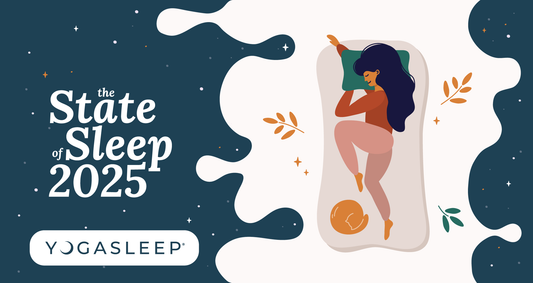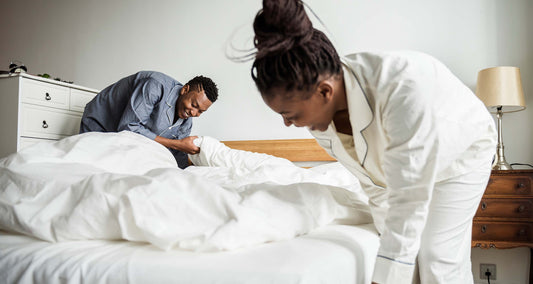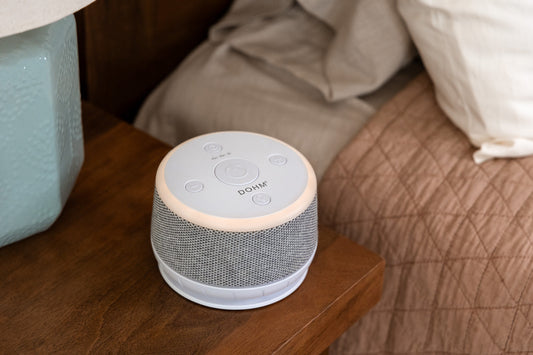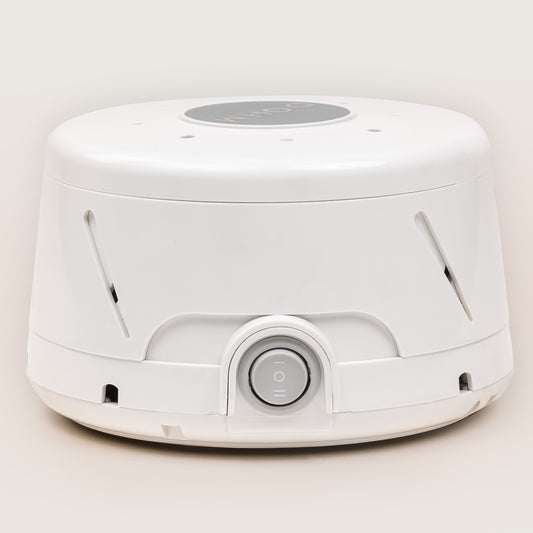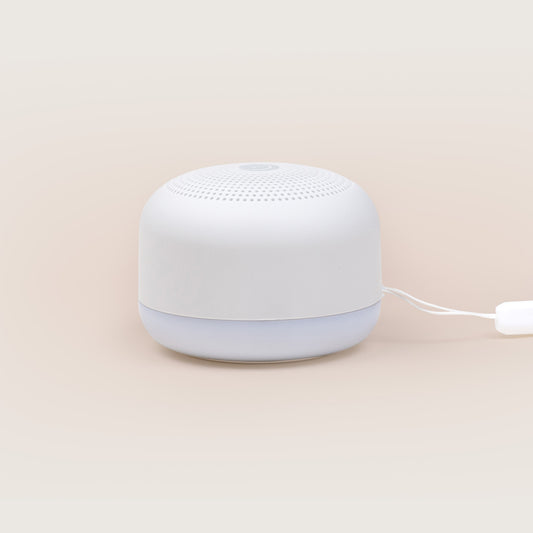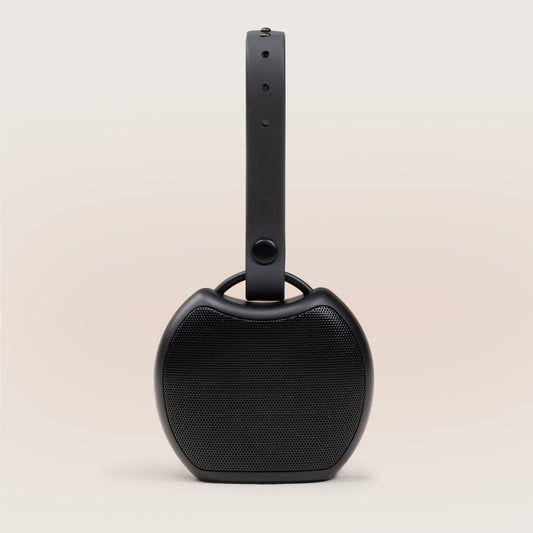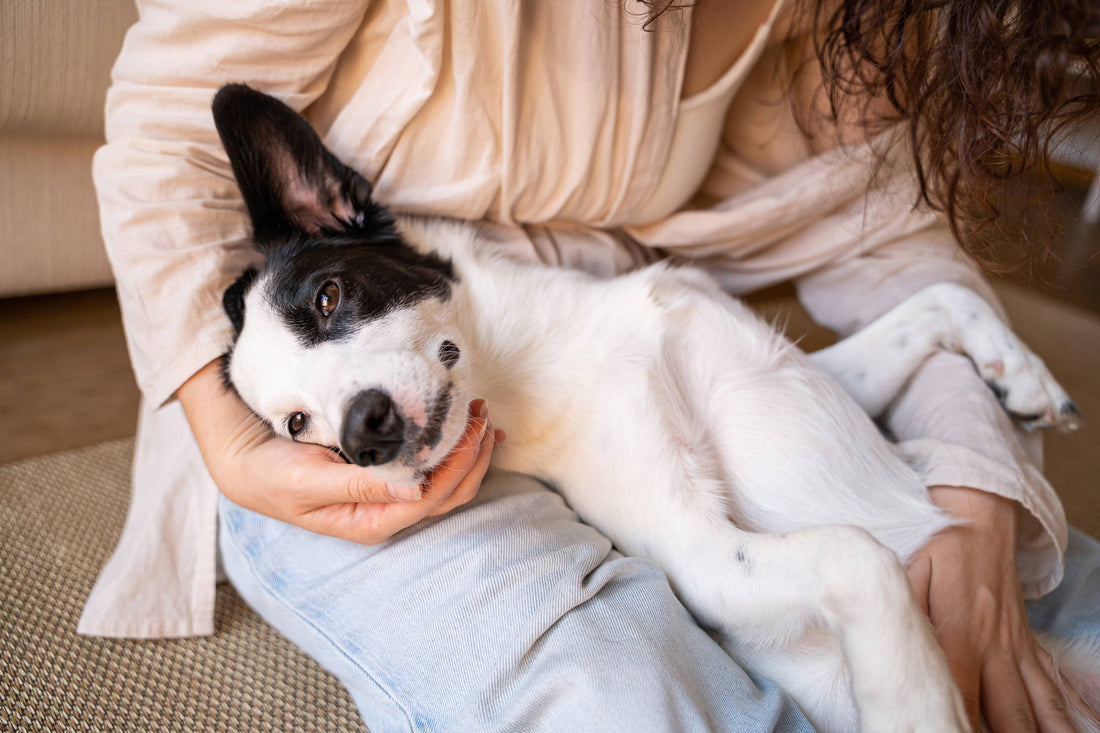
How White Noise Can Help Your Dog Stay Calm During Fireworks and Other Loud Noises
Dogs are known for their heightened senses, which often lead to extraordinary abilities, such as sniffing out illegal substances at airports or guiding visually impaired people through the world. But these superpowers can sometimes be a curse, especially when it comes to sound. Most dogs can hear more than twice as many frequencies as humans and sound roughly four times further away. This auditory prowess can sometimes lead to anxiety in dogs, especially in response to loud noises such as fireworks.
Why Are Dogs So Sensitive to Loud Noises?
The answer to this lies in evolution and early life conditioning. Dogs, like most animals, have been trained through evolution to avoid perceived threats to their survival. So, when your furry friend hears a loud boom from a firework, their instinct is to consider it a threat and react accordingly.
Furthermore, a puppy's experiences during the first few months of life can significantly influence its reaction to sounds. If a puppy associates a loud noise with something negative, like being left alone, they may develop a fear response to similar sounds in the future.
But it's not just about individual experiences or instincts. Some dogs have a deeper, more hardwired system known as temperament, which can play a significant role in their predisposition to stress, anxiety, and fear.
The Science Behind Fear and Noise in Dogs
Scientists have delved into studying the relationship between noise and fear in dogs by measuring cortisol levels – a hormone produced in response to stressful situations. One study found that dogs exposed to recordings of a thunderstorm had higher cortisol levels and showed more signs of anxiety, like hiding or seeking attention, than dogs exposed to regular dog sounds.
Surprisingly, dogs with chronic exposure to loud noises might show lower cortisol levels, not because they are less afraid but because their internal stress response mechanisms have become dysregulated. This state of 'vital exhaustion' is similar to what chronically stressed humans experience.
Several factors can impact how dogs react to loud sounds, including breed, age, sex, reproductive status, length of time with the owner, and early exposure to certain loud noises. For example, older dogs first lose the ability to detect higher frequency sounds, which give important location cues. This sense of disorientation can increase their anxiety.
How White Noise Can Help Your Furry Best Friend
The science might sound complex, but the solution to help your furry friend deal with noise-induced anxiety may be quite simple: white noise. White noise works by masking other sounds. Imagine you're in a crowded room where everyone is talking. You might be able to pick out individual conversations, but if a constant sound like a fan is added to the mix, it becomes harder to discern those separate conversations. The same principle applies to white noise for dogs.
White noise machines like our flagship Dohm Classic create a consistent, soothing sound that can help mask the scary booms of fireworks or thunderstorms. It provides a comforting auditory blanket, reducing the impact of sudden, loud noises that can trigger anxiety in dogs.
Pawzz: The Perfect Companion for Your Dog
Drawing on our expertise as the pioneers of the original white noise machine, our Pawzz sound machine for pets is designed with your dog's well-being at the forefront, addressing their unique auditory sensitivities and responses to sound. Pawzz doesn't only offer the classic white noise sounds for noise masking; it also comes loaded with a selection of specially curated musical tracks. These tracks have been developed and tested to ensure they provide a soothing auditory environment for dogs. The built-in optional bark detector can be set to respond to your dog's signs of agitation and turn on the sound machine automatically. Whether your dog struggles with separation anxiety, noise phobias, or general restlessness, Pawzz serves as a calming companion, ready to help alleviate their stress and improve their quality of life.
Firework anxiety is a common issue among dogs and can cause significant distress for pets and their owners. However, with understanding, patience, and the right strategies, it's possible to help your furry friend navigate these noisy times. Remember, every dog is unique, and it may take some time to find what works best for your pet. Above all, your calm and reassuring presence can make a world of difference to an anxious dog during firework displays. With these tools at your disposal, you can help ensure that your dog feels as comfortable and stress-free as possible, regardless of what's happening in the skies above.

Dogs' fear of loud noises can be managed and mitigated in several ways. Here are some strategies for dealing with noise-anxious pets during peak firework season:
- Sound Training: This involves playing a fireworks sound effect at a very low level and gradually increasing the volume over time while rewarding your dog for staying calm.
- Anxiety Vest: A snug garment that puts gentle pressure on your dog's torso can reduce anxiety.
- Pre-Fireworks Workout: Tiring out your dog before the fireworks begin can help reduce their anxiety.
- Timing Meals and Potty Time: Ensure your dog has finished eating and has had time to relieve itself before the fireworks begin.
- Distraction: Give your dog something to focus on during the fireworks, such as a favorite toy.
- Camouflaging the Noise: You can help block the sounds of the fireworks with a white noise machine or calming music.
- Check Windows and Doors: Ensure all windows, doors, and other exits are secure. Dogs in fear may try to escape, so ensure their safety by preventing a possible flight response.
- Comfort: Sitting close to your dog and offering quiet words of reassurance can help them feel safe.
- Create a Safe Spot: Make a quiet, comfortable space for your dog to retreat when they're scared. This can be a crate, a room with soundproofing or white noise machines, or even a blanket fort. Make sure this space is always accessible to your dog and that they're never forced to leave it if they're scared.
- Professional Help: If your dog's fear of fireworks is severe, consider consulting with a professional trainer or a veterinary behaviorist

